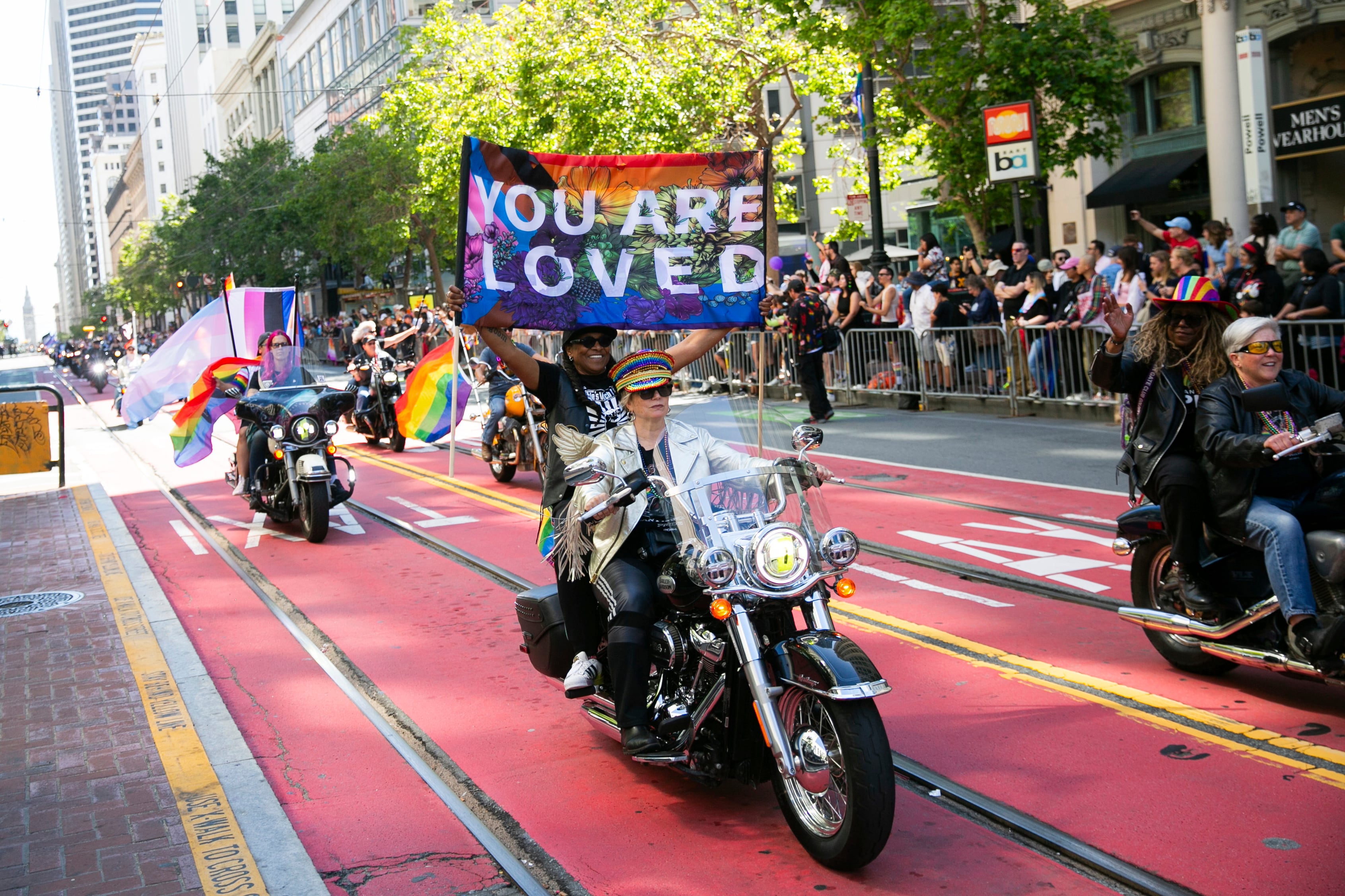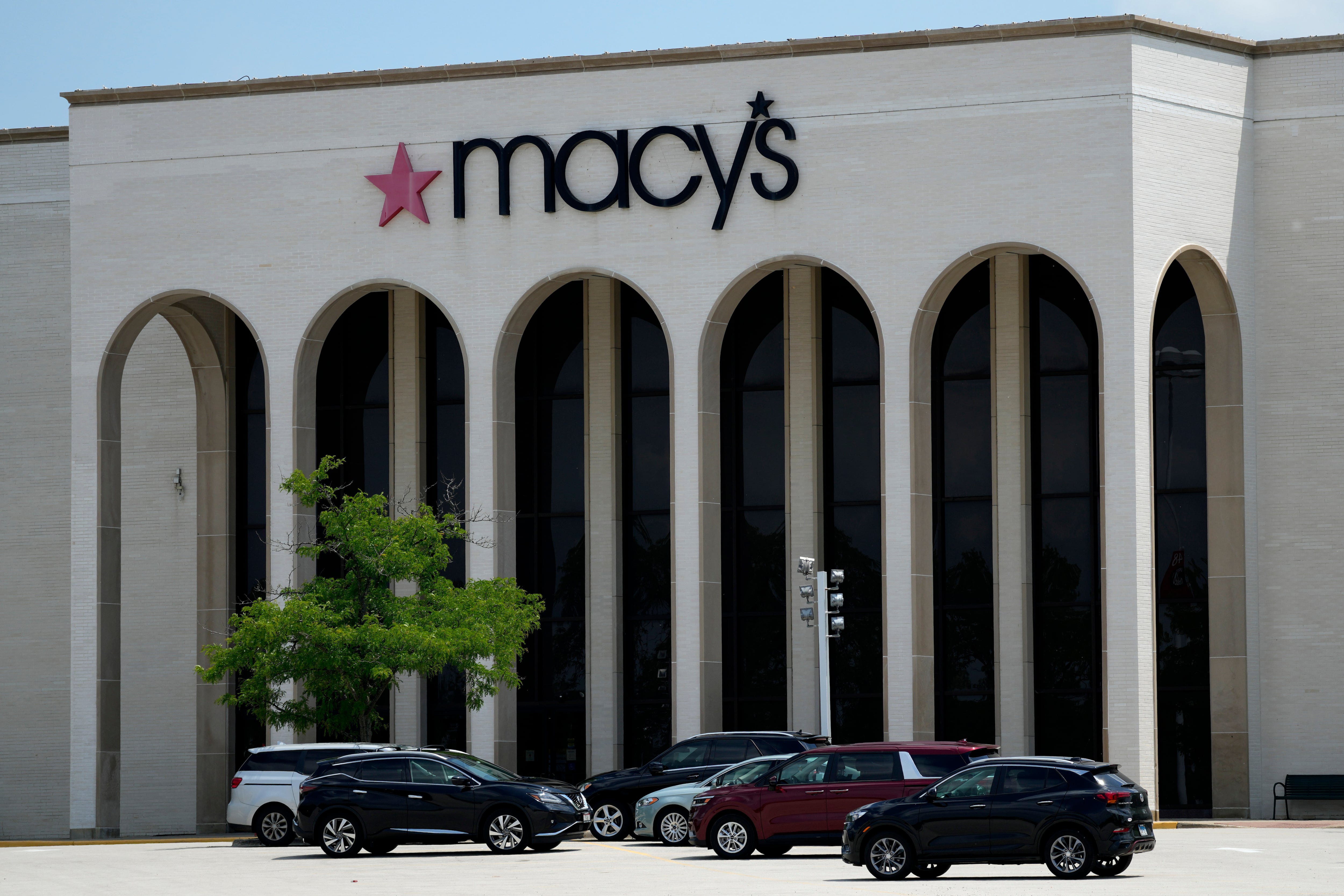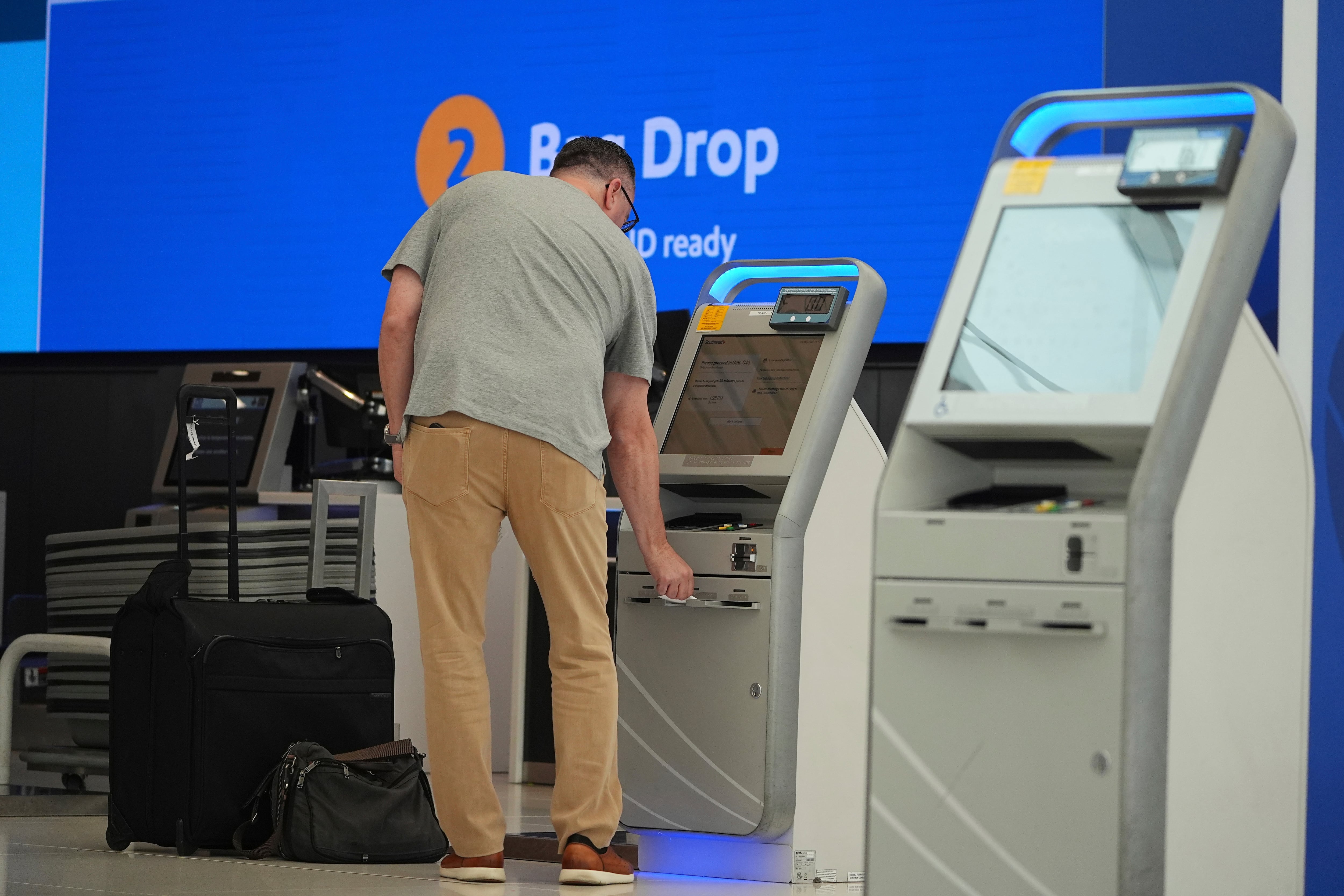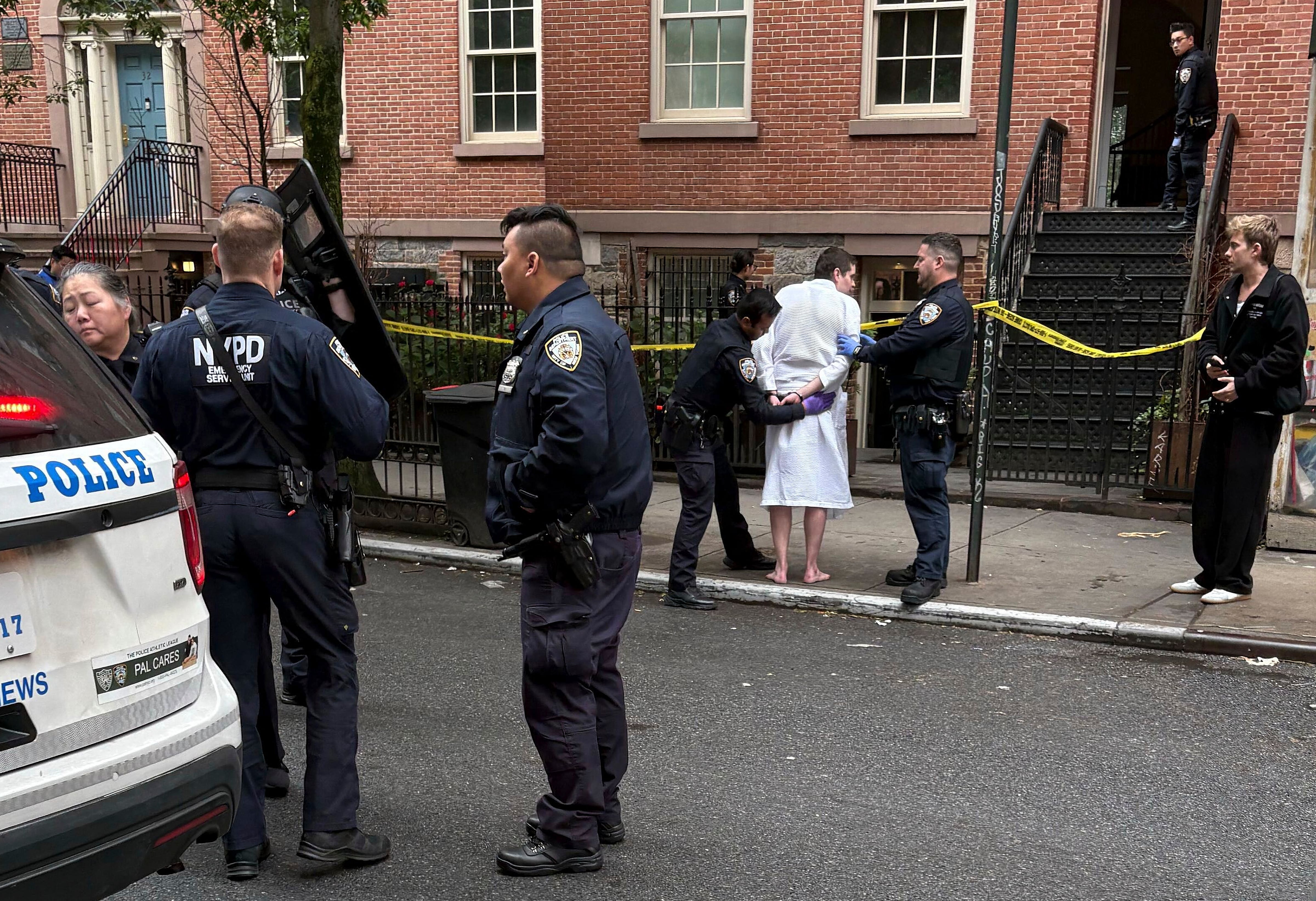*By Madison Alworth* Start-up employees depend on free snacks to fuel marathon coding sessions and catered food to make seemingly interminable meetings bearable. It was during his tour at one such San Francisco start-up that Arram Sabeti decided he could make feeding innovation his big idea. "I was one of those early employees that was wearing a lot of different hats," Sabeti said about his time at Justin TV, a online video journal. "Of the dozen different responsibilities I had, the most painful, stressful, and time consuming by far that I had was ordering the office lunches." If it was that big of a problem for Sabeti, he was sure others would be willing to pay him to solve it for them. "And since I joined that company in order to look for a start-up idea, I figured that was the one to go with," he said. Sabeti started the food service company ZeroCater in 2009 as a go-between for restaurants and businesses. The company serves meals and snacks in offices in six cities: San Francisco, New York, Chicago, Austin, Washington, and Los Angeles. It keeps employees of Dropbox, Venmo, and Airbnb stocked with food from partner restaurants. ZeroCater announced this month that it raised $12 million in Series B funding from venture capital investors including Cleveland Avenue, Romulus Capital, Struck Capital, as well as an investment former Justin.TV and Twitch founder, Justin Kan. Sabeti said he planned to use some of the new money to bolster his snacks business and expand to new cities. ZeroCater estimates that companies spend about $5 - $9 per employee on snacks each day. "We still really believe in the catering space, but the feedback we were getting back from our customers was that they really wanted a single point of contact for managing both of those services," Sabeti said. For the full interview, [click here](https://cheddar.com/videos/zerocater-start-up-that-provides-snacks-for-other-start-ups).












